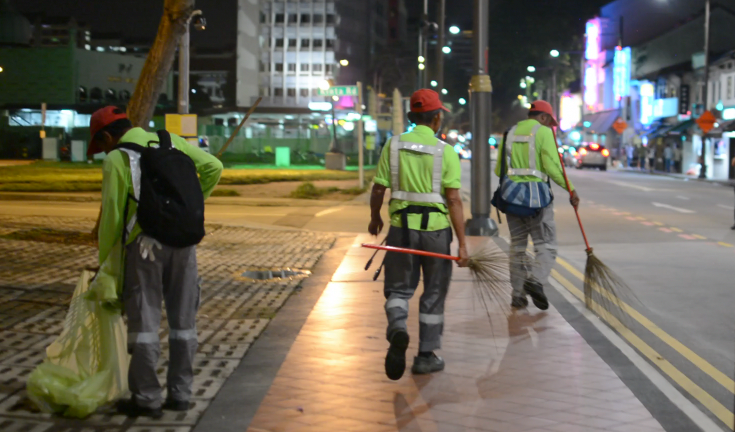It seems that another change is afoot in government although as is common practice in Singapore, the first we have heard of it is a government announcement via the local media. While I understand that changes need to be made at times, they shouldn’t just be imposed on people who are involved. There should be consultation and discussion first. While the government is used to just implementing changes without any justification or discourse while hiding behind the guise of efficiency, how long is this model sustainable in light of the internet’s ability to connect people and opinions?
The latest in the top down changes within government is the announcement via mainstream media that the Agri Food & Veterinary Agency (AVA) will cease to exist as of April 2019.
In its place, a new statutory board, the Singapore Food Agency (SFA) which will come under the Ministry of the Environment and Water Resources (Mewr) and will come into being, taking over the food-related work currently being done by the AVA, the National Environment Agency (NEA) and the Health Sciences Authority (HSA). Its animal-related functions, such as animal welfare, will be transferred to the National Parks Board (NParks) under the Ministry of National Development (MND).
What will happen to the employees of AVA? Will they lose their jobs? Will they be shunted to jobs they do not want? While the job of Mr Lim Kok Thai, chief executive of AVA, will be safe, reports are silent on other employees.
Also, why is this change necessary? Has the AVA underperformed? If so, why does Mr Lim still have a job?
I note that the animal welfare functions will be transferred to NParks. What experience does NParks have in terms of animal welfare? Will the animal welfare groups have to build bridges all over again with NParks after all these years of effort with AVA?
What is the cost-benefit analysis of this shift?
There are many questions to be asked and answered before a major shuffle such as this but none have been forthcoming. In fact, Members of Parliaments don’t seem to even have the chance to ask anything.
Yes, the government can cite efficiency but on whose word? Is the money spent justified?
In the past, the government has insinuated that online media and news outlets cause problems for government efficacy and there appear to be moves to clamp down on such media outlets that ask inconvenient questions. How does the government balance the advent of information technology for better and worse with its governing methods?
No no, the answer is not to regulate the internet. That is just a short-term approach. Rather, the answer lies in recognising and respecting the power of our voices and opinions. If the government wants us to be an innovative city, then they have to facilitate communication which will also come with government communication with the people – not just top-down preaching.








